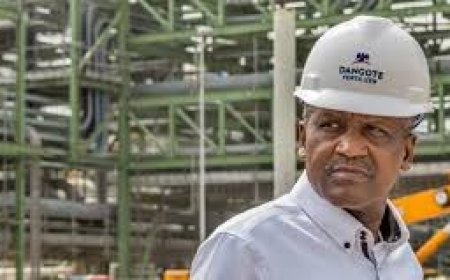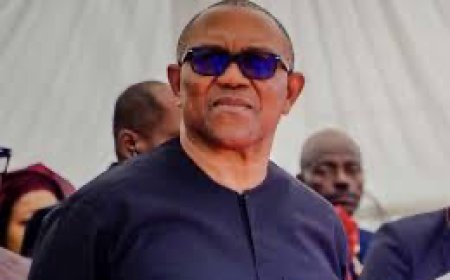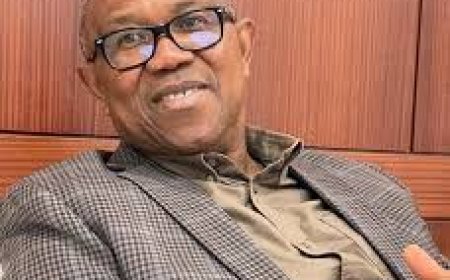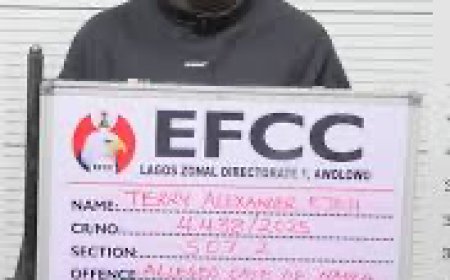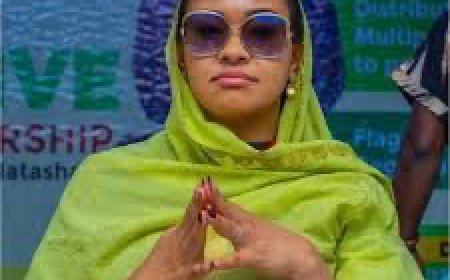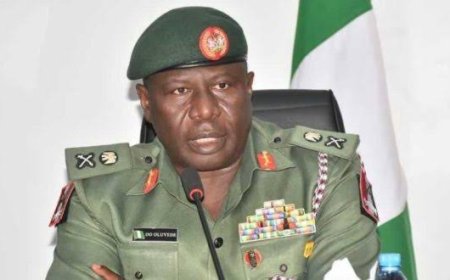Jonathan, Barrow call for regional solidarity, wealth creation in the Sahel
Former Nigerian President Dr. Goodluck Jonathan has called for consequential collaborations as a way of addressing the Sahel's governance challenges noting that the problems of the region could only be solved by an inclusive leadership that focuses on the people’s welfare.
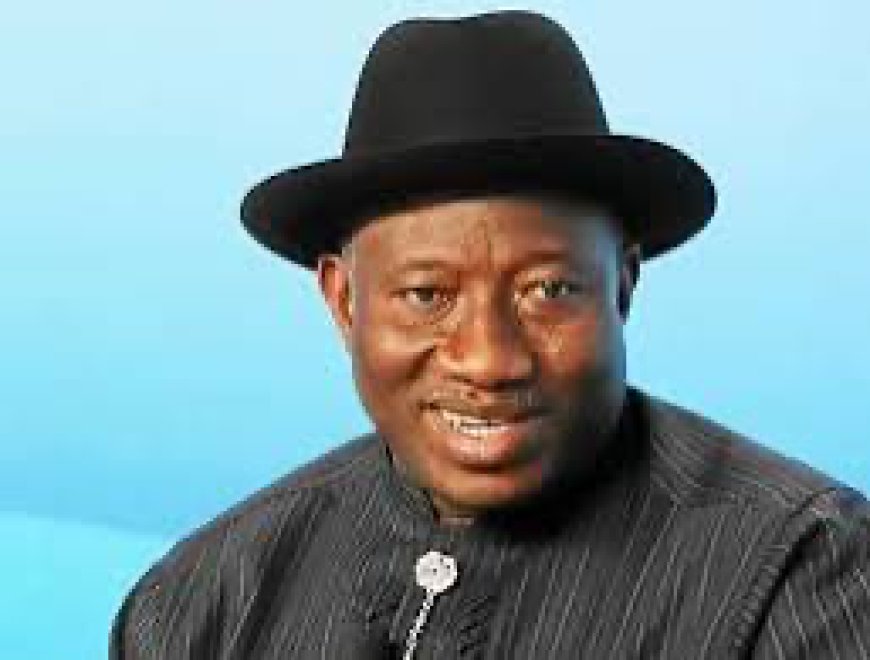
Former Nigerian President Dr. Goodluck Jonathan has called for consequential collaborations as a way of addressing the Sahel's governance challenges noting that the problems of the region could only be solved by an inclusive leadership that focuses on the people’s welfare.
Jonathan further emphasised that the best way to get the Sahel to be managed properly and earn the people’s trust was to find meaningful ways of creating wealth in the region.
He stated this on Thursday at a two-day inaugural Sahel Governance Forum hosted by The Gambia in collaboration with the Goodluck Jonathan Foundation, GJF, the United Nations Office for West Africa and the Sahel, UNOWAS, the Office of the Special Coordinator for Development in the Sahel, OSCDS, and the United Nations Development Programme (UNDP). It was held under the theme: ‘The Future of Governance (Rebuilding Social Cohesion and Public Trust’.
The former president described the Sahel as land hugely rich in human and natural resources, with a unique cultural heritage, noting that the potential can be better harnessed to bring an end to the problems of the region.
Also, Gambian President Adama Barrow called for regional solidarity to address the Sahel's governance challenges and build a future rooted in justice and trust.
According to Jonathan, global attention has continued to be on the Sahel because of the crises of terrorism, banditry, and instability. Jonathan drew historical parallels between the Sahel and Somalia, two regions he described as being marked by drylands and fragile ecosystems. He warned that environmental degradation, as seen in the collapse of empires from Rome to France and Germany, can spell long-term disaster if unaddressed.
He said: “The key to peace and stability in the Sahel lies in enabling farmers to grow crops at least two to three times a year.
“If we want peace, we must first build wealth and prosperity.
“That was why, when I was president, we started rehabilitating all our irrigation projects in northern Nigeria.
"The outgoing president of the African Development Bank, Dr. Akinwumi Adesina, was my minister of agriculture.
"We must rehabilitate all the irrigation projects in the Sahelian region and even start new ones, because farmers must cultivate at least three times in a year, if you must create wealth in these areas. "When people are poor, especially young people, they can do anything to survive.”
While encouraging young people to be strategic and not pursue quick wealth, the former President however charged leaders to plan for the youth of the continent and harness their energy for good.
“Africa must care for the young people because they are the future of the continent”, he added.
The two-day high-level forum marks a pivotal moment in efforts to rebuild democratic governance, social cohesion, and public trust across the fragile Sahel which is seen as one of the continent’s most volatile regions.
Gambian President Adama Barrow, who declared the programme open, called for regional solidarity to address the Sahel's governance challenges and build a future grounded in justice, trust and opportunity for all.
In his keynote address, President Barrow acknowledged both the region’s challenges and its opportunities.
“The Sahel is a region of immense promise.
“But over the years, this potential has been overshadowed by insecurity, political instability, and slow development,” he said.
He urged leaders and participants to move beyond lamenting failures and to instead focus on bold, home-grown solutions anchored in inclusivity and long-term peace.
The forum brought together an impressive gathering of former presidents and vice presidents, regional and international diplomats, senior government officials, civil society leaders, academics, private sector representatives, and youth advocates from across Africa and beyond.
Also speaking at the event, UNDP Africa Director Ahunna Eziakonwa declared that the problem of the Sahel is that of governance. “We continue to deploy more soldiers but fewer teachers,” she said. “The Sahel is not a security problem; it is a governance challenge and more importantly, a political opportunity to rethink how we lead, how we listen, and how we rebuild trust between citizens and institutions.”
In some Sahel countries, she averred that over 60% of national budgets go to peace and security, while sectors like education and healthcare remain underfunded.
In his address to the gathering, ECOWAS Commission President Dr. Omar Alieu Touray reminded leaders that democracy is not just about elections. “It is about accountability, discipline, and delivering results. Without these, we will continue to sit on gold mines while our people wallow in poverty, “he said.
The SGF is a collaborative initiative of the United Nations Development Programme, UNDP, the Goodluck Jonathan Foundation, International IDEA and the Government of The Gambia
What's Your Reaction?







